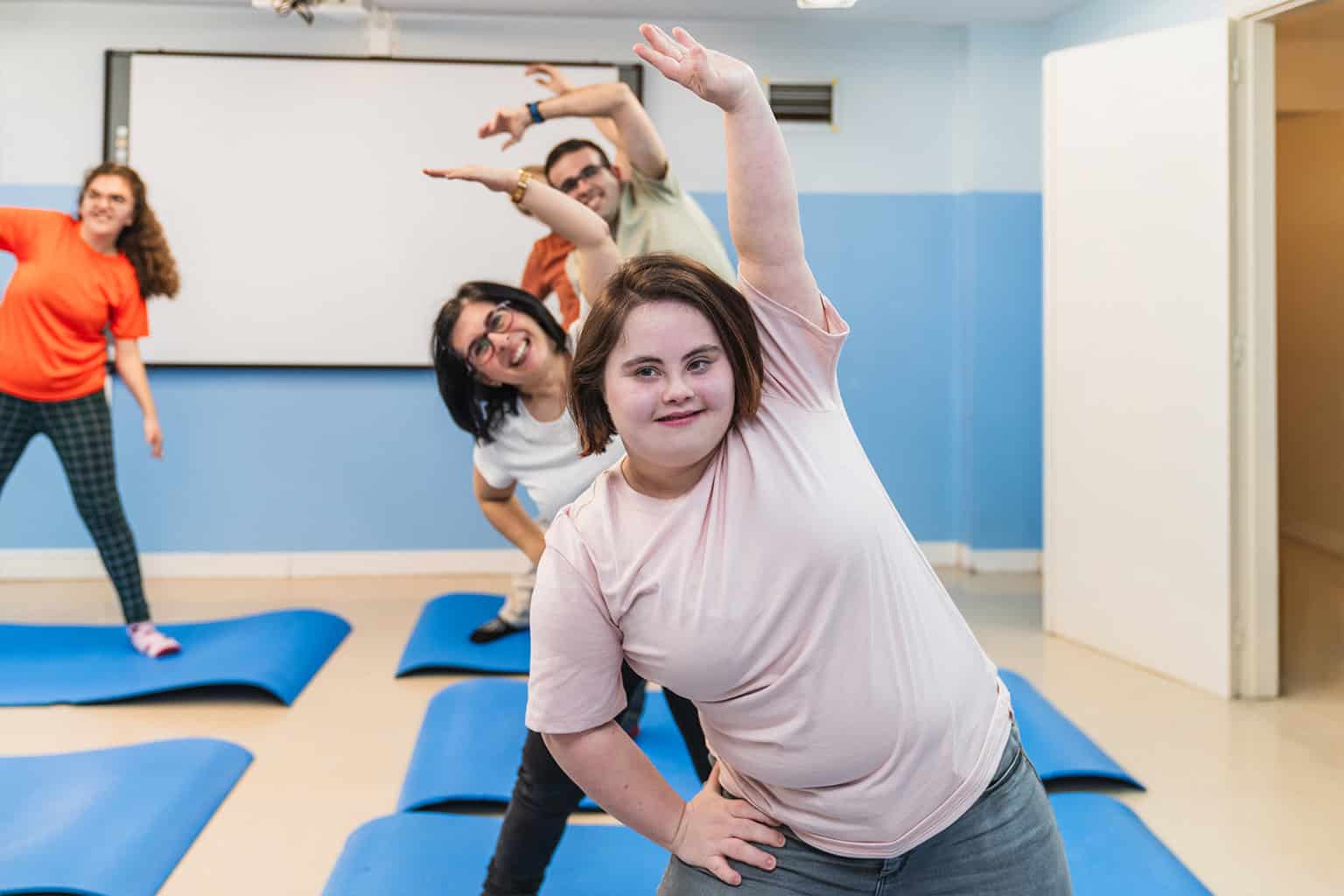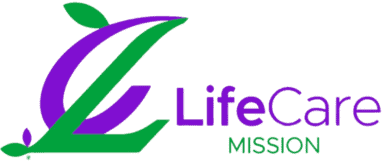High Intensity Daily Personal Activities
Life Care Mission offers high-intensity support for daily personal activities, providing personalized care for individuals with complex needs to ensure their safety, dignity, and well-being.

All Services
- Accommodation / Tenancy Assistance
- Assistance with daily life tasks in a group or shared living arrangement
- Assistance with travel/transport arrangements
- Daily Personal Activities
- Group and Centre-Based Activities
- High Intensity Daily Personal Activities
- Household Tasks
- Participation in community/social and civic activities
- Assistance in coordinating or managing life stages/transitions and supports
- Development of daily living and life skills
- Innovative Community Participation
Intense Personal Workouts
Life Care Mission is focused on providing excellent support to individuals who need daily personal help for their health needs.
This includes assisting people in their homes or community care settings.
- Sugar Illness
- Seizures and epilepsy risks
- Wounds and bedsores
- Giving medications through skin injections
- Bowel problems
- A throat opening
- A hole in the body
- A bladder tube
- A breathing machine
- Eating and swallowing problems

Frequently Asked Question
What daily high-energy personal activities are covered by the NDIS?
HIDPAs are special support services for people who need significant help with daily tasks. They are designed for participants with complex health issues that often require intensive care.
What support is available under HIDPA?
- Easy bowel care
- Tube feeding and care
- Handling severe swallowing difficulties
- Tracheostomy support
- Urinary catheter care
- Breathing support
- Giving subcutaneous injections
- Handling complex wounds
Who can get high-intensity daily personal activities (HIDPA)?
People who need ongoing help with any of these activities and have an NDIS plan might qualify for HIDPA.
What are the key traits for high-intensity support skills?
These descriptions outline the skills and knowledge that NDIS providers need to ensure their workers have when helping participants with high-intensity daily personal activities. These supports are seen as high-risk and usually involve personal care tasks that require clear communication and a strong understanding between workers and participants.
Can THDS offer HIDPA support?
Yes, CSBS is approved to provide HIDPA support to NDIS participants. Our trained nurses and support workers help individuals with complex health needs. We are committed to delivering excellent care, particularly for those who need daily assistance to manage their health.
What are the new High Intensity Support Skills Descriptors (HISSD)?
The updated HISSD focuses on training and assessment that develops skills, stressing the need for ongoing professional growth. They provide clearer guidance on how to offer and monitor support. As a registered NDIS provider, THDS is checked to deliver HIDPA supports according to the new HISSD standards.
What are the costs of HIDPA?
HIDPA is part of the NDIS scheme, so participants don’t pay out-of-pocket. The exact funding will depend on your personal plan.
Can I change my HIDPA provider?
Yes, you can change HIDPA providers. Just be sure to follow any necessary steps, and communicate with both your current and new providers. If you have questions, feel free to reach out to us for help.

